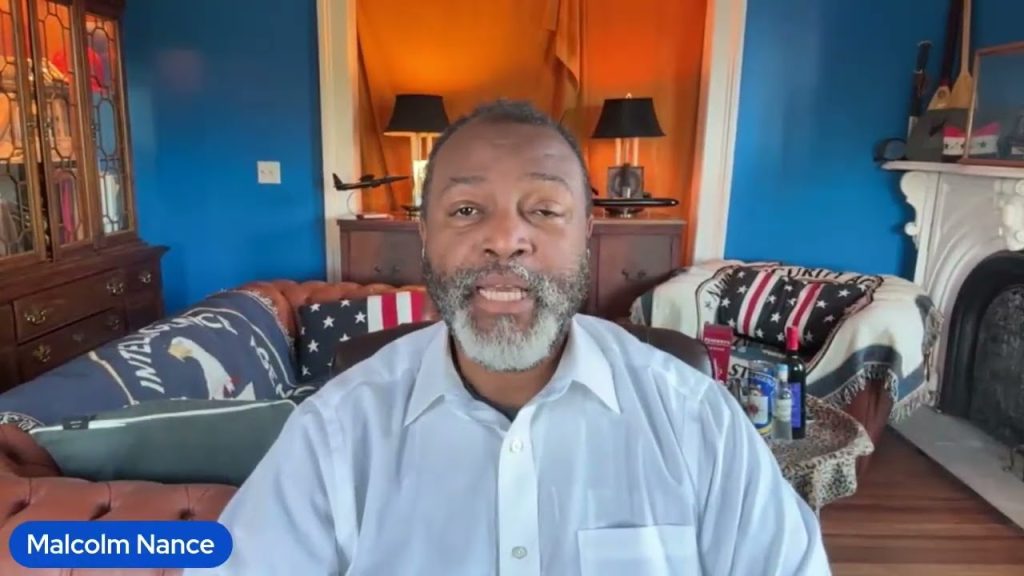The title of the recent political video “Flash Traffic: Charlie Kirk’s Assassination” has sparked significant curiosity and concern across various media platforms. The phrase “assassination,” particularly in a political context, often evokes thoughts of violence and the extremes of political discourse, leading many to ponder the implications behind the choice of words.
Charlie Kirk, a prominent conservative activist and founder of Turning Point USA, has made headlines for his vocal support of conservative values and his staunch criticisms of progressive movements. Over the years, he has become a polarizing figure; supporters lauding his efforts to galvanize youth toward right-leaning ideologies while critics denounce his sometimes incendiary rhetoric. This video, seemingly alluding to an “assassination,” could suggest numerous themes ranging from actual threats to metaphorical political obliteration, and therefore raises questions about the current state of political debate in the United States.
The backdrop for such a provocative title lies in the increasingly hostile environment of American politics, where political opponents are routinely labeled as enemies rather than as colleagues with differing views. The sharp rise in political violence and rhetoric is particularly concerning. High-profile incidents, such as the January 6 Capitol riots and various threats against politicians from across the spectrum, illustrate an alarming trend where the lines between discourse and violence are blurring. In this atmosphere, discussions surrounding figures like Kirk can easily escalate into extreme narratives that risk normalizing violence in political discussions.
Add to this the media’s role in shaping narratives surrounding political figures through sensationalized headlines and provocative content. The title of this video may be a strategic choice meant to attract viewers by capitalizing on the public’s fascination with sensationalized political drama. The consequences of such tactics, however, can be significant. They may contribute to a culture that sees political discourse not only as combative but life-threatening.
As U.S. citizens continue to navigate the complex landscape of modern American politics, the messages embedded within videos such as this one will undoubtedly resonate. It invites us to reflect on the implications of our political climate and the narratives that shape our understanding of safety, free speech, and the nature of civic debate.



